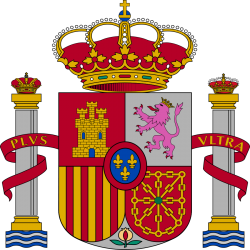The words citizenship, citizens and citieshave the same semantic origin. The word "citizens" represents both the inhabitants of a city and the individuals who own civil, political and social rights.
For the person to be a citizen and have the right to citizenship and to live their life fully, thes civil rights. All citizens have the right to liberty, property and equality before the law - these rights together form thecivil society.
You political rightsof a citizen who has full enjoyment of his citizenship refer to participation in the governance of society through political demonstrations, discussions of government problems, organizing parties, voting and being voted.
To realize the full exercise of the citizen and the right to citizenship, we also have thesocial rights, which include the right to work, wages, health, education and housing. All rights of citizens who form citizenship are based onsocial justice. In fact, in addition to rights, citizens must also follow their duties before the law, before society.
The idea of citizen and the right to citizenship emerged in Antiquity, when the city represented the community unit. Therefore, the word “citizenship” derives from “city” and it is in the public space of cities that citizens meet to claim their rights, their citizenship.
Since Antiquity, many people have not had the right to their citizenship – they were citizens without citizenship, that is, without civil, social and political rights. Slavery, from antiquity to contemporaneity, constituted the complete prohibition of the freedom of enslaved people.
Serfdom in the Middle Ages restricted the peasant's freedom and took away his right to own property. In the medieval period, only the nobles owned land. In the Contemporary Age, millions of people do not own a piece of land. The example of Brazil is classic: the country has a large territorial extension, but most of the land always it was owned by large landowners, while the large part of the population is known as the “landless”. Agrarian reform (the distribution of land among the landless population) has been talked about for centuries, but this seems to be far from happening.
The examples of not exercising citizenship are many; we cite some examples to demonstrate that citizenship does not reach all citizens, but few.
By Leandro Carvalho
Master in History

